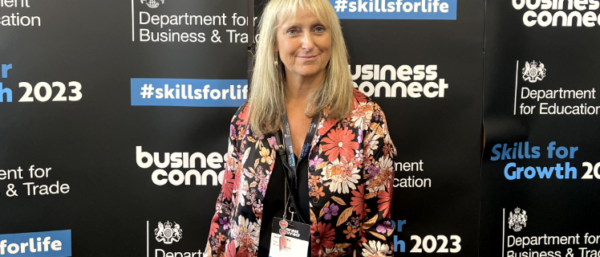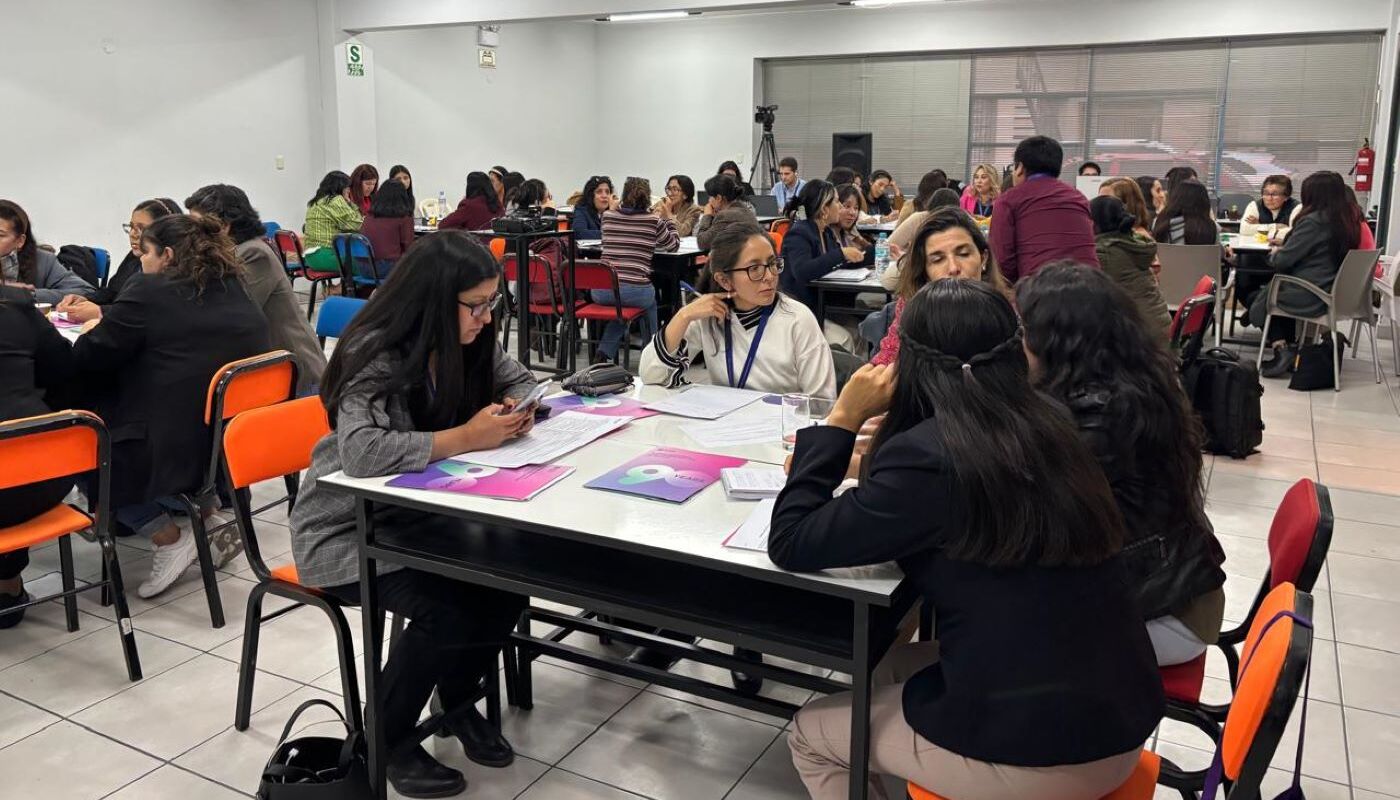
Key takeaways from the Skills for Growth Conference
 Jane Rexworthy, Executive Director at People 1st International
Jane Rexworthy, Executive Director at People 1st International
The inaugural ‘Skills for Growth’ conference took place last month. Hosted by the Department for Education and the Department for Business and Trade at the QE11 Conference Centre, the conference aimed to demonstrate how we can do more on skills together.
The Secretary of State for Education, the RT Hon Gillian Keegan welcomed the Chancellor of the Exchequer, the Rt Hon Jeremy Hunt MP to speak as part of the conference session designed for CEOs or equivalents: Winning the race for talent: skills development means growth for your business.
His contribution complemented the important perspectives shared from senior business leaders on how the skills system is supporting their wider business strategy, and how they are filling their talent pipeline in this challenging context.
Two Non-Executive Members of the Department for Education Board, Richard Pennycook and Sir Peter Bazalgette helped to shape the event and highlighted the importance of industry and government working together to grow our future talent workforce.
“It’s a challenging environment for all businesses to recruit, tackle acute skills shortages and build a talent pipeline for the future. But there is a great opportunity to shape and scale our skills system so that it helps to deliver a productive, competitive economy of the future.” – Richard Pennycook
This chimes with a recent report from Skills for Prosperity on Investing in TVET and Skills Development in which they state that the link between individual needs, social equity and economic development should not be taken for granted and that skills are broadly understood as an essential driver of both economic and social progress.
From the event there were five important themes that shone through:
- Cultivating the current and future workforce: As well as highlighting the importance of technical vocational education and its role in the existing and future workforce, the event emphasised how Generation Z and Alpha need to be connected in a new emotional way and their particular interest in community and sustainability. One leading industry employer shared that when recruiting they encourage emotional sparks in their workforce and that they look for employees that are curious and want to grow with the business.
- Added value offered by apprenticeships: The event was supported by a number of T-Level students and apprentices which magnified the importance of these valuable programmes in the UK – a point echoed by all the speakers who see the benefits of apprentices bring in terms of loyalty and added value. Many agreed that they see apprenticeships as a critical approach to support lifelong learning for both new and existing talent with a number also using apprenticeships to support the development of their older workforce.
- Skills gaps remain a global challenge: Many countries are facing similar skills gaps, challenges and workforce issues with high vacancies experienced for similar roles. In the UK as there is no longer a migratory workforce to fill our vacancies it is imperative we invest in our talent pipeline to support economic growth. The discussions highlighted that we need public and private sector to work collaboratively to develop more effective skills matrixes to identify and address the current and future skills needs.
- Social mobility is increasingly important: Diversity, inclusion and gender balance are critically important, particularly in the UK where we have an ageing workforce and a high percentage of adults not in work or education. It’s critical we help people to understand their career options and routes to develop their skills. Clear career pathways that demonstrate the opportunities on offer and inspire individuals into an industry or role will help boost attraction and retention.
- AI is transforming edtech: Artificial Intelligence (AI) is playing a significant role in transforming approaches to learning. Its use in creating more engaging and interactive content, personalised learning, improved accessibility and individualised support is shaping the future of education.
The UK invests half as much per employee in skills training when compared to the EU average[1]. To remain competitive its critical industry and stakeholders work collaboratively to put in place the skills solutions that will build a highly engaged, productive workforce.



